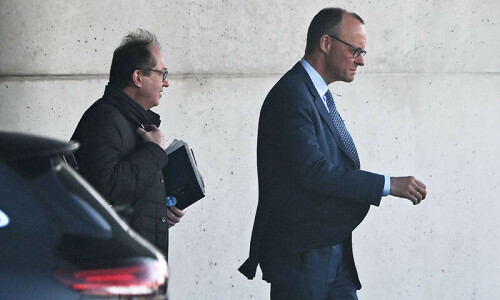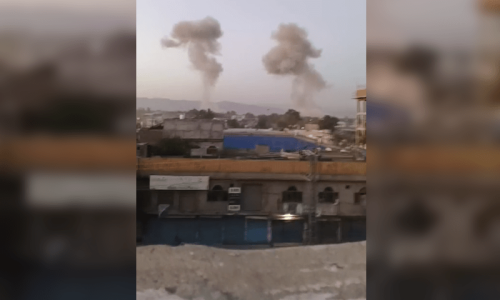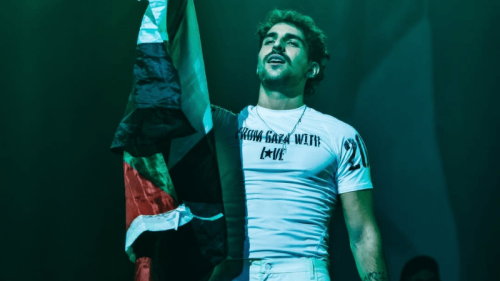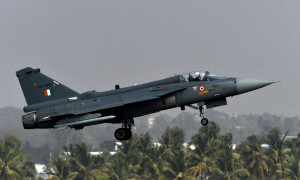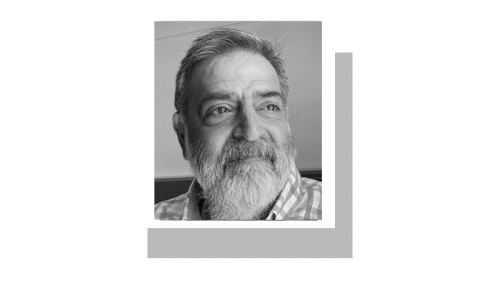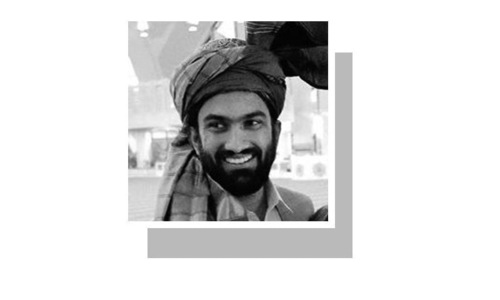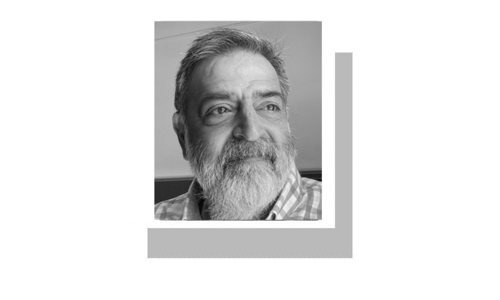SOUTH Africans on Thursday commemorated the 40th anniversary of a pivotal moment in the anti-apartheid struggle, a 1976 black student uprising in the Soweto area of Johannesburg that led to a deadly crackdown but launched a new phase of opposition to white minority rule. Thousands danced and sang at a stadium in Soweto where President Jacob Zuma later spoke of the students gunned down by apartheid-era security forces.
He listed democratic advances in South Africa since the first all-race elections in 1994 but lamented the violence of some students today who have burned school buildings in protests over high fees and other grievances.
The 1976 uprising started as a student protest in Soweto against being forced to study in Afrikaans, the Dutch-based language of the white rulers who designed the system of racial oppression known as apartheid. The protests spread to other areas in South Africa, becoming a flashpoint for anger at a system that denied adequate education, the right to vote and other basic rights to the country’s black majority. Hundreds are estimated to have died in the government crackdown that followed.
The bloodshed is epitomised by a photograph of a dying student, Hector Pieterson. The image of his limp body being carried by another teenager was seen around the world and galvanised international efforts to end South Africa’s racial segregation, though apartheid would linger for nearly two more decades.

June 16 is a national holiday in South Africa. The country today is a leading economy in Africa. However, many people are frustrated at the lack of economic opportunities and effective education that they see as necessary to secure the freedom they were promised when Nelson Mandela became the country’s first black president in 1994.
Published in Dawn, June 17th, 2016



